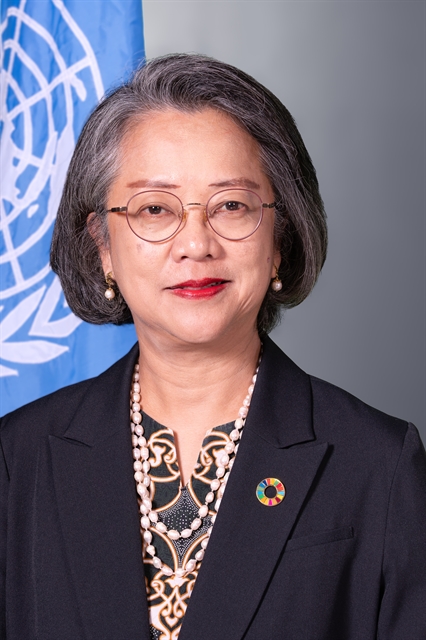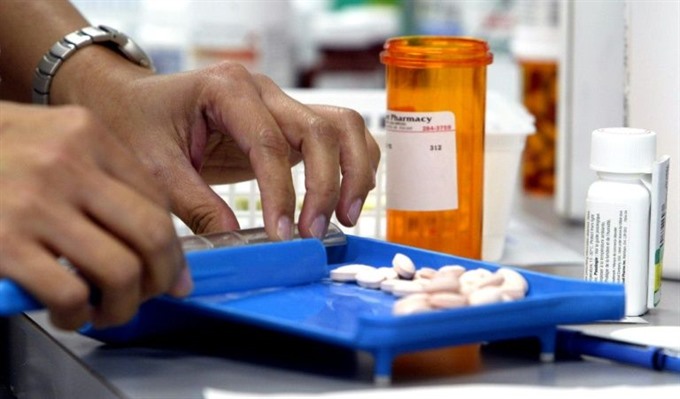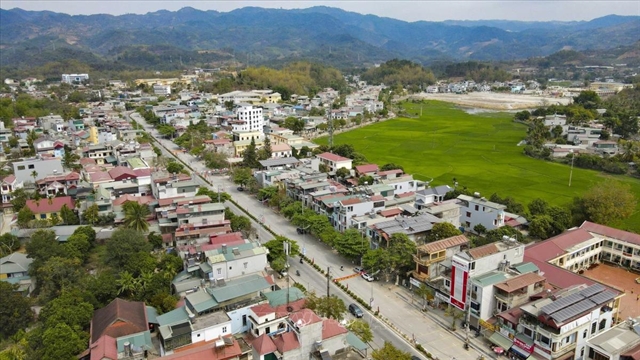 World
World

An investment of just US$1-2 per person per month could give all people in low- and middle-income countries access to a basket of 201 essential medicines, researchers have said.
 |
| A basket of essential medicines includes pain killers such as morphine, drugs against infectious diseases such as tuberculosis, HIV or malaria, treatments for chronic conditions such as cancer or diabetes, as well as vaccines and contraceptives. - AFP/VNA Photo |
One in five countries spend less than this amount on medicine -- highlighting "the urgent need for additional financing to meet basic health care needs," said a special publication by The Lancet medical journal on Monday.
A basket of essential medicines includes pain killers such as morphine, drugs against infectious diseases such as tuberculosis, HIV or malaria, treatments for chronic conditions such as cancer or diabetes, as well as vaccines and contraceptives.
Dubbed The Lancet Commission on Essential Medicines, the overview highlighted "massive inequities and inefficiencies" in financing and governance between regions, hampering access to drugs for many people.
It was compiled by 21 international experts and made recommendations to governments, NGOs, health institutions, medicines regulatory agencies and the pharmaceutical industry.
The team used numbers on disease prevalence, drug consumption and medicine prices to estimate the cost of access to a basket of essential medicines at between $77.4 billion and $151.9 billion per year -- the equivalent of $12.9-25.4 per person.
"Recent estimates suggest that the average total spend on medicines in low-income countries is $8.6 per person per year," said a statement by The Lancet.
Most of it came from household budgets, rather than government ones.
Making medicine cheaper
Poorer households in low- and middle-income countries spend as much as 9.5 per cent of their income on medicines, compared to 3.5 per cent in poorer households in rich countries, said the report.
It also highlighted the problem of poor medicine quality that many poor countries face. In 2013, sub-standard malaria medicines are estimated to have killed 120,000 children in sub-Saharan
Sometimes it is a matter of negligence, sometimes "dishonest practices".
The commission argued for a rehaul of the system of drug development.
Currently, patents and profits are the main drivers of innovation – leaving basic, essential medicines by the wayside, it said.
"Every available regulatory and management intervention that could improve the affordability of medicines must be considered," said the document.
This could include pricing interventions and applying policies favouring the use of cheaper generic drug versions.
"No option should be regarded as off the table for political reasons," said the report.
"For example, removing taxes and tariffs is well within the power of governments, even if it might be unpopular with certain stakeholders." -- AFP




